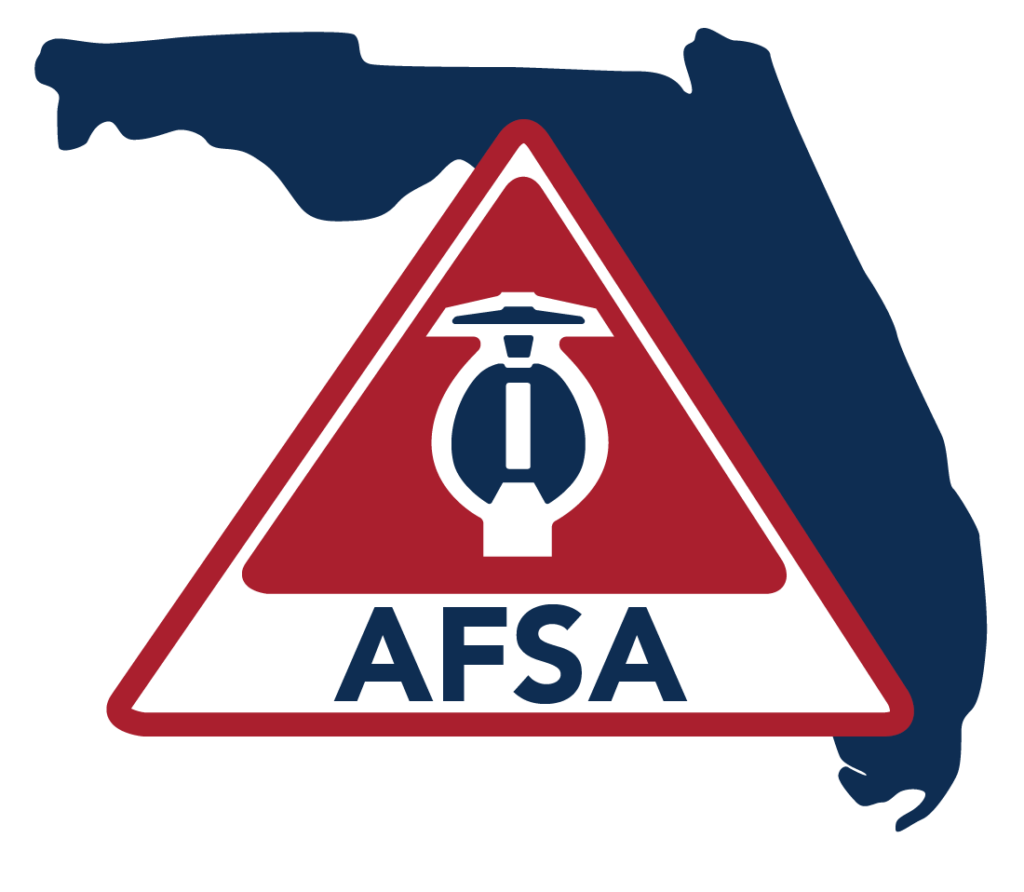Back to FireCon25
What Would You Have Done to Avoid a Lawsuit
Sprinkler contractors perform installations, service work, inspections, and tests on a daily basis without thinking about what would happen if something went wrong. Water damage, fire damage, personal injury, and loss of revenue are just some of the financial impacts many contractors have to defend themselves from when something goes wrong with a water-based fire protection system. In approximately 65% of the cases investigated, the sprinkler company did nothing to warrant the accusations in the lawsuit. This presentation will present four actual lawsuits against sprinkler contractors, what the contractor did right, what the contractor did wrong, and what the contractor could have done better to avoid the lawsuit altogether. The dollar value of the lawsuits and the final outcome will be provided. Learning Objectives:
- Explain what risks every contractor takes when performing their work.
- Identify ways of reducing risks.
- Describe the examples given of actual lawsuits against fire protection companies.

Terry Victor is the Director of Risk Control Services for Risk Suppression Partners LLP with over 50 years of technical experience in the fire sprinkler industry. He is NICET certified Level IV in Water Based Systems Layout and Special Hazards Systems Layout. He has served on various industry boards and committees, including as a member of the NFSA Board of Directors, the CFSI National Advisory Committee, and the NFFF Advisory Committee to the Board. He is an active speaker at various fire protection industry conferences and seminars including those for the AFAA, AFSA, ASCET, FFLA, NFPA, and NFSA. He is a current member of the NFPA technical committees for NFPA 13 (SSI), 14, 20, 25, and 915 and has been a member of numerous other NFPA technical committees including those for NFPA 3, 4, 11, 13 (SSD), 13D, 13R, 15, 72, 101, 214, 303, and 5000. He received the NFPA Committee Service award in 2015 and the NFSA Russell P Fleming Technical Service award in 2017.

